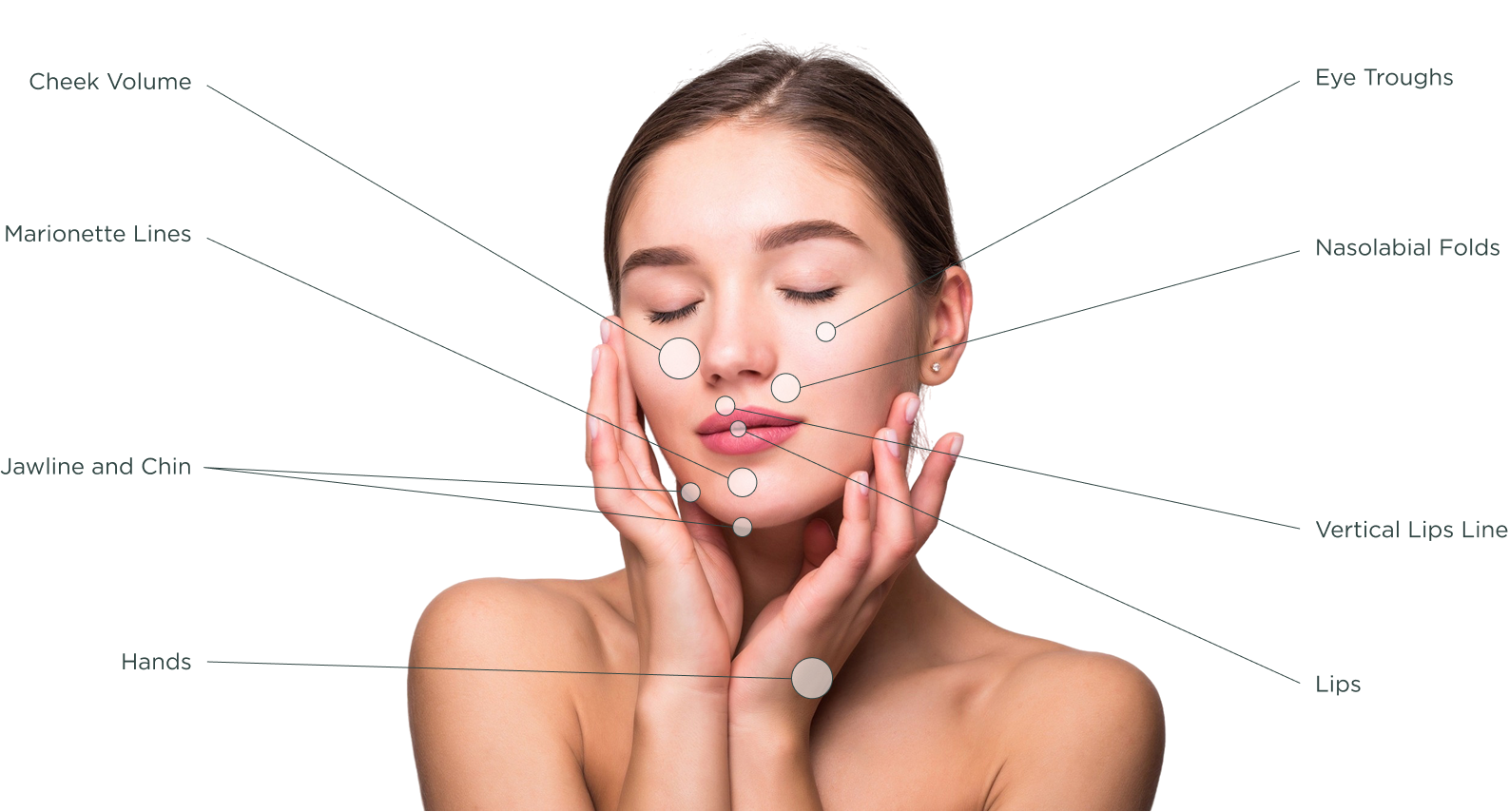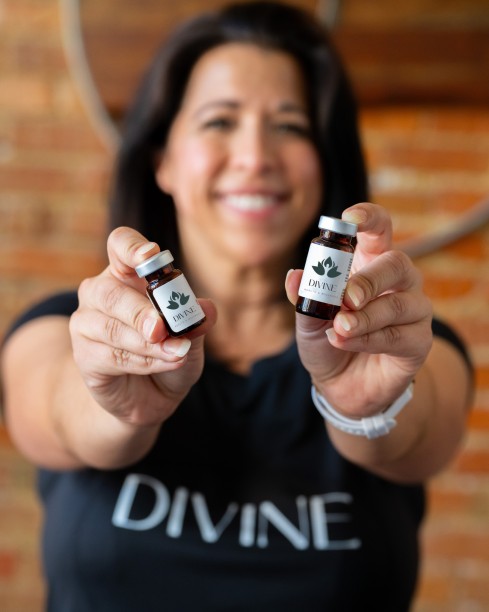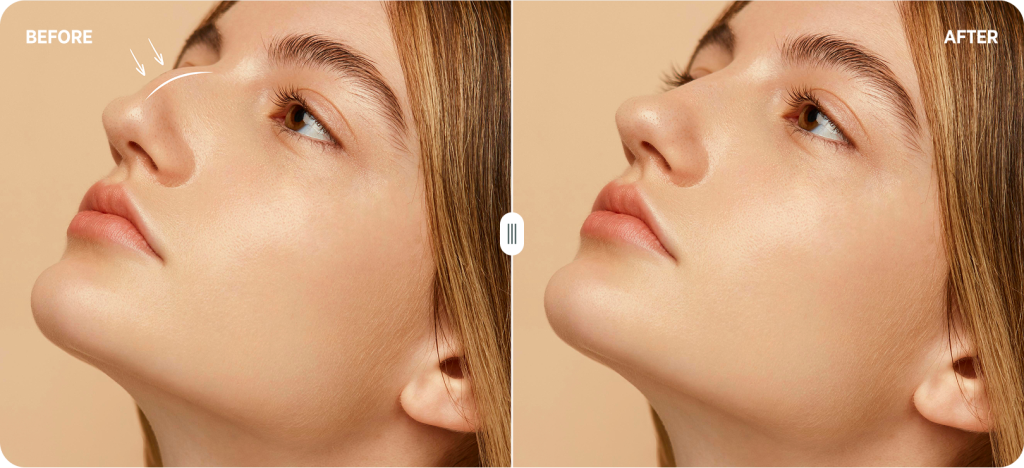Peptide Therapy
Explore our advanced peptide blends and single peptides designed to enhance recovery, cognition, body composition, and overall wellness.


Why It Works
Peptides are often called the “building blocks of proteins,” acting like tiny messengers within your body. Peptide therapy harnesses the power of these messengers to potentially influence various biological processes and address specific health concerns.
Certain peptides naturally occur in your body, regulating growth, hormone production, and wound healing. Peptide therapy utilizes synthetic versions of these natural peptides or modified versions to potentially mimic their functions and influence specific biological pathways.
Different peptides target different needs. Some peptides may aim to support growth hormone production, potentially benefiting muscle growth and recovery. Others might focus on supporting the immune system or promoting wound healing. The specific peptide used depends on the desired outcome.
Peptide therapy is not a one-size-fits-all solution and should only be considered under the guidance of a qualified healthcare professional. But hey, there’s no need to Google “peptide therapy near me” anymore! At Divine Health peptide therapy clinic, we can assess your needs, determine if peptide therapy suits you, and recommend the appropriate approach.
Due to the evolving nature of research, it’s crucial to approach peptide therapy with caution and informed decision-making—understanding what is peptide therapy in detail before jumping headfirst into it.
What Peptides Can Treat

Fat Metabolism
Boost lipolysis & fat‑burning

Muscle Repair
Enhance recovery & lean‑mass retention

Energy & Mood
Improve mitochondrial
function & focus

Skin & Collagen
Support tissue repair & elasticity
Key Benefits
While research is ongoing, exploring the potential benefits can help you understand this therapy better.

Enhanced Performance and Recovery
For individuals leading active lifestyles, peptide and hormone therapy can potentially boost athletic performance and recovery. Some peptides might support muscle growth and repair, potentially aiding faster recovery from workouts and injuries.

Improved Wound Healing
The ability of peptides to mimic natural healing processes in the body suggests potential benefits in accelerating wound healing. This could be relevant for recovering from surgeries, injuries, or chronic wounds.

Potential Pain Management
HGH peptide therapy is being explored for its potential in managing pain. Certain peptides might act as natural painkillers, offering a potentially non-addictive approach to pain management.

Enhance Recovery
Some research suggests that peptides might play a role in promoting healthy aging. This includes potentially supporting collagen production, contributing to skin health and elasticity, and influencing cellular repair processes.
How Effective Is Peptide Therapy For Weight Loss?
While peptide therapy has garnered attention for its potential benefits in various areas, its effectiveness for weight loss remains a topic of ongoing research and exploration. Here’s an honest breakdown to help you understand what we currently know:
Some peptides might influence aspects related to weight management, such as:

Appetite regulation
Certain peptides may influence hormones involved in feelings of hunger and satiety, potentially aiding in controlling calorie intake.

Metabolism:
Some peptides might affect metabolic processes, potentially influencing how your body burns calories.

Fat burning:
Research is investigating the potential of peptides to promote the breakdown of stored fat for energy.
Understanding that the evidence for BPC-157 peptide therapy’s effectiveness in weight loss is still limited and inconclusive is crucial. While some initial studies show promise, larger, well-designed studies are needed to confirm these findings and establish definitive efficacy.
Even if future research confirms some benefits, it’s important to remember that peptide therapy is not a magic bullet for weight loss. It’s unlikely to be a standalone solution and should be considered within a holistic approach that includes a healthy diet, regular exercise, and adequate sleep.
It’s vital to approach peptide therapy with realistic expectations. Even if it shows some promise in the future, it’s unlikely to offer dramatic or quick weight loss results. Sustainable weight management usually involves a combination of healthy lifestyle changes and, potentially, under professional guidance, exploring suitable interventions like peptide therapy (if research confirms its efficacy).
Testimonials
Feedback From Our Happy Patients
Trustindex verifies that the original source of the review is Google. Absolutely love the ladies at Divine! Every issue within your body that you can imagine needs attention, they have a peptide for. Their knowledge is beyond impressive!! The entire clinic is also so personable which makes such a difference in care. I will continue recommending them to everybody I know and continue calling anytime my body needs something!Posted onTrustindex verifies that the original source of the review is Google. The team at Divine Health & Wellness is truly top-notch! From day one, they have supported me every step of the way on my journey. With their guidance, encouragement, and expertise, I’ve lost 100 pounds—and gained confidence, energy, and a whole new outlook on life. They don’t just focus on the physical—they care about you as a whole person. I’m so grateful for everything they’ve done for me!Posted onTrustindex verifies that the original source of the review is Google. Amazing place! They allowed me to come do a body composition scan without even being a patient, took the time to explain the results to me and were extremely helpful!!Posted onTrustindex verifies that the original source of the review is Google. My quality of life is better than it's been in years. I understand more about my health and well being than ever before. I'm confident I will continue to live my best life!Posted onTrustindex verifies that the original source of the review is Google. Good people to work with...I've lost 40 lbs.Posted onTrustindex verifies that the original source of the review is Google. Jessica and the team at Divine are outstanding! I immediately felt welcomed when coming in the door, the space is very well decorated and comfortable. I got services done by Kylie and she listened to what I was wanting and fully explained the process. I am so very happy with my results and won’t go anywhere else!! Excited to check out their other services!!Posted onTrustindex verifies that the original source of the review is Google. I absolutely love Divine Health and Wellness! I've tried just about every weight loss plan, method, exercise, diet changes out there. I did learn some good eating habits and cut Mt portions, but, nothing was still working. After seeing my brother-in-laws results icalled and got an appointment. Best moved I've made. I've already have dropped almost 30 pounds since starting the program at the end of January this year. Exciting to shop for new clothes as the old ones were falling off, I love it! My friends and co-workers are already noticing the differnce. I have more energy than ever before. Working with Carlyn Tackett has made this journey easy for me. She's awesome! The virtual appointments are easy to do, everythibg is shipped to your home. We are adding a supplemental component to my plan to boost my metabolism. I cannot wait to see the end results. Remember to celebrate the victories along the way. Just give them a call. You won't regret it!Posted onTrustindex verifies that the original source of the review is Google. Since me and my family have been using Divine Health and Wellness, we have always had positive results. They have always taken the time to explain what the procedures involve and answered all of our questions and informed us of what to expect. We have just recently received the IV therapy on our son who had been fighting a virus for over 2 weeks. The results the next day were astonishing. I can not say enough kind things about how kind, considerate, and patient Matt and his whole staff are. I would highly recommend their services.Posted onTrustindex verifies that the original source of the review is Google. I've been getting the biote pellet therapy from Divine for about a year now. It helps so much. All of the staff are so friendly and helpful. Would highly recommend!Posted onTrustindex verifies that the original source of the review is Google. Great care, Matt and the staff are very helpful and professional. I’ve been pleased with my care and the results. I would recommend them to anyone. A++
Which Body Areas Benefit from Peptides?

Your Path to Better Wellness
Explore What Consistent Care Can Achieve.

Key Benefits

Boost Metabolism

Preserve Lean Muscle

Enhance Recovery
Real Patient Transformations

How Peptide Therapy Works


Consultation


Lab Tests


Injection Protocol

Follow‑Up & Results
Frequently Asked Questions
What are the potential side effects of peptide therapy?
Like any medical intervention, peptide therapy can come with potential side effects. These can vary depending on the specific peptide used and your individual health. Consulting a healthcare professional ensures you understand your specific case’s potential risks and benefits.
How is peptide therapy administered?
Peptide therapy can be administered in various ways, including injection, nasal spray, oral lozenge, or topical application. Your doctor will determine the most appropriate route based on the specific peptide and your needs.
How long does it take to see results from peptide therapy?
The timeframe for seeing results from peptide therapy can vary depending on the targeted outcome and individual factors. It’s crucial to have realistic expectations and discuss this with your doctor, who can provide a more specific timeframe based on your situation.
Is peptide therapy covered by insurance?
Peptide therapy is generally not covered by insurance, as it’s considered an emerging therapy. However, checking with your insurance provider for any exceptions or potential coverage options is recommended.
Can I purchase peptides online or over the counter?
While some websites or stores may sell peptides directly to consumers, it’s strongly discouraged. These products may be unregulated, potentially unsafe, and lack proper oversight. Consulting a qualified healthcare professional is crucial for safely and appropriately using peptides.
Are there ethical considerations surrounding peptide therapy?
The use of performance-enhancing peptides in sports raises ethical concerns. Athletes should consult with their doctors and relevant governing bodies regarding peptide use’s ethical and legal implications.
What are the legal regulations surrounding peptide therapy?
The legal regulations surrounding peptide therapy can vary depending on your location. Consulting a healthcare professional can help you understand the legal landscape in your area.
Are there alternative therapies to consider for my specific concern?
There might be alternative therapies, both conventional and complementary, that could address your specific health concern. Discussing all potential options with your doctor lets you make informed decisions about the most suitable approach.
Payment Options

Afterpay
Pay in 4 interest‑free installments

In‑House Plans
Customized payment schedules
Ready to Get Started?







